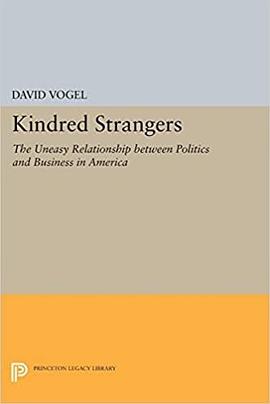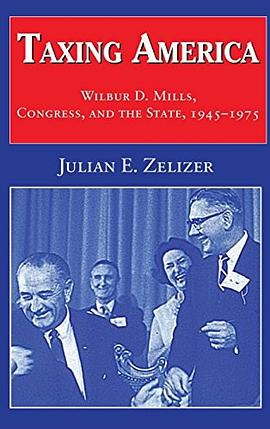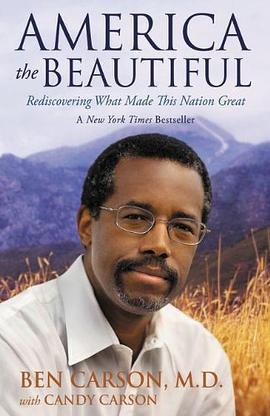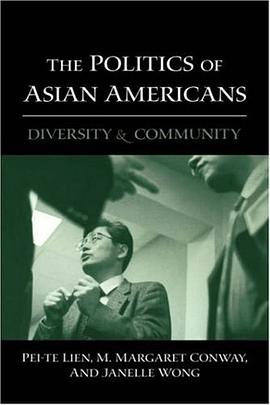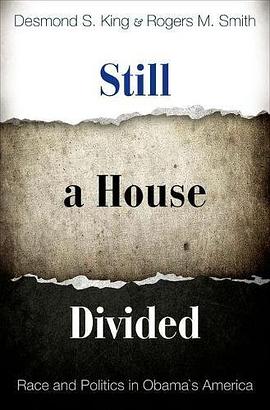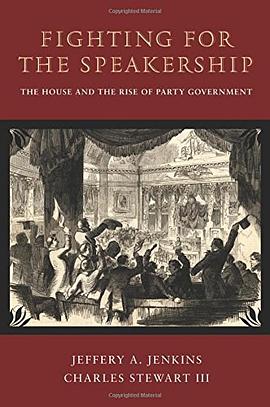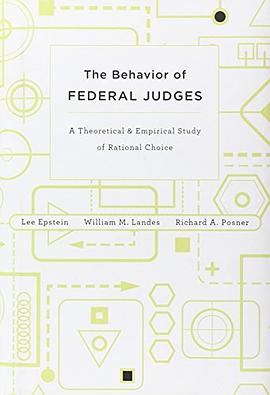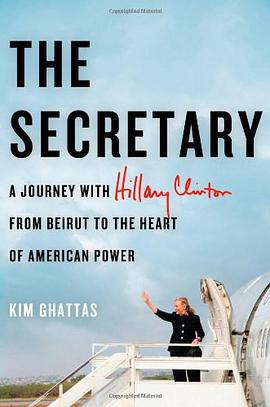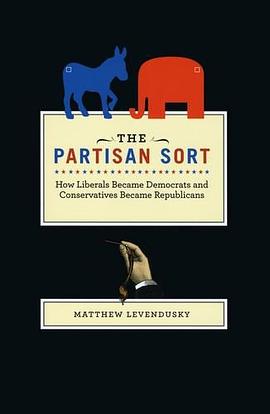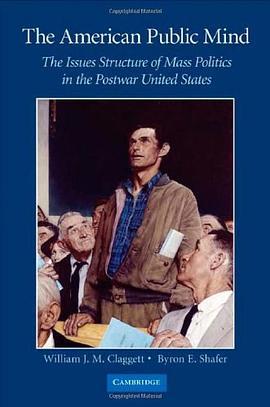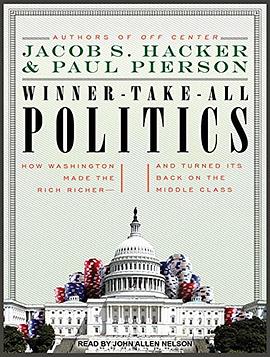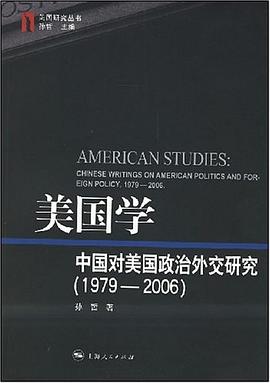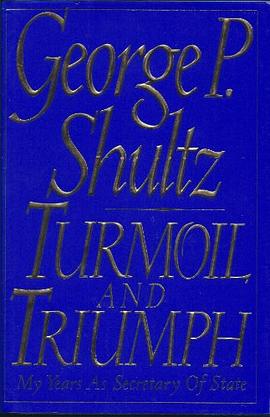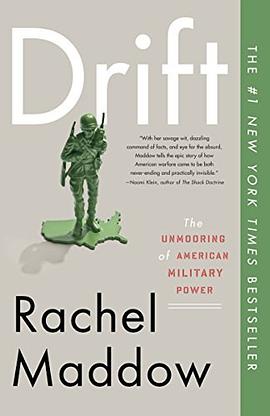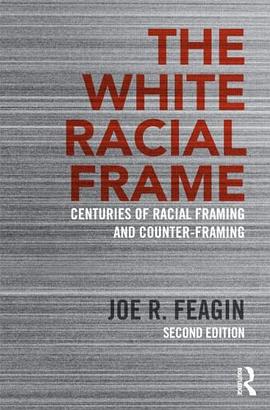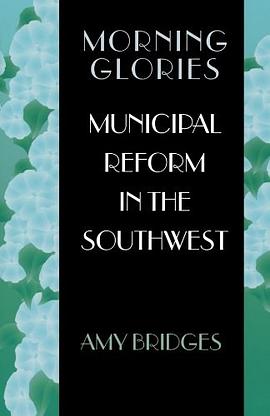

George Washington Plunkitt once dismissed municipal reformers as 'morning glories' who 'looked lovely in the mornin' and withered up in a short time, while the regular machines went on flourishin' forever, like fine old oaks'. Although this remark rings true for the Northeast in the days when Tammany Hall ruled New York City, municipal reformers have governed the big cities of the Southwest for most of this century. Obscuring this fact and ignoring the Southwest in general, familiar accounts of municipal reform have focused on small towns and suburbs as the only locations where reformers achieved their goals.Amy Bridges redresses this neglect by tracing the reform politics and government in large Southwestern cities since 1901, thereby giving a more complete account of municipal reform. In the Southwest, municipal reformers got everything they wanted: nonpartisanship, city managers, citywide elections, civil service, and a government with few social service responsibilities. Successful at limiting popular participation and at carefully targeting amenities to their core supporters, incumbents in big cities counted on re-election as confidently as could any machine politician. Urban leaders were aggressive in their pursuit of urban growth and very popular with the people who did vote, but the political community remained small. Not until the 1970's did growth and exclusionary practices combine to uproot the vigorous 'morning glories' of the Southwest.
具体描述
读后感
评分
评分
评分
评分
用户评价
cha 1,6,7,8. big-city reform, low participation and little effective competition. affluent Anglo, nativism, small contented political community, pursuit of growth, later a barrier to legitimacy, discontent from African-and Mexican- American, middle class, call for district representation.1974-1990 political institution of big-city reform dismantled
评分cha 1,6,7,8. big-city reform, low participation and little effective competition. affluent Anglo, nativism, small contented political community, pursuit of growth, later a barrier to legitimacy, discontent from African-and Mexican- American, middle class, call for district representation.1974-1990 political institution of big-city reform dismantled
评分cha 1,6,7,8. big-city reform, low participation and little effective competition. affluent Anglo, nativism, small contented political community, pursuit of growth, later a barrier to legitimacy, discontent from African-and Mexican- American, middle class, call for district representation.1974-1990 political institution of big-city reform dismantled
评分cha 1,6,7,8. big-city reform, low participation and little effective competition. affluent Anglo, nativism, small contented political community, pursuit of growth, later a barrier to legitimacy, discontent from African-and Mexican- American, middle class, call for district representation.1974-1990 political institution of big-city reform dismantled
评分cha 1,6,7,8. big-city reform, low participation and little effective competition. affluent Anglo, nativism, small contented political community, pursuit of growth, later a barrier to legitimacy, discontent from African-and Mexican- American, middle class, call for district representation.1974-1990 political institution of big-city reform dismantled
相关图书
本站所有内容均为互联网搜索引擎提供的公开搜索信息,本站不存储任何数据与内容,任何内容与数据均与本站无关,如有需要请联系相关搜索引擎包括但不限于百度,google,bing,sogou 等
© 2025 book.wenda123.org All Rights Reserved. 图书目录大全 版权所有


